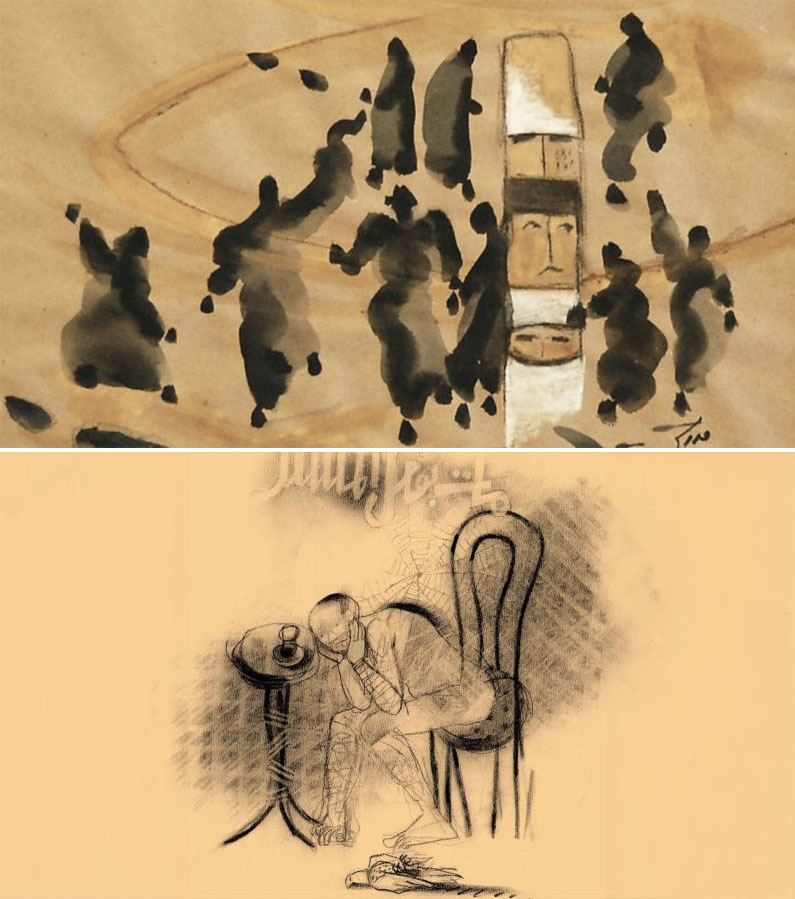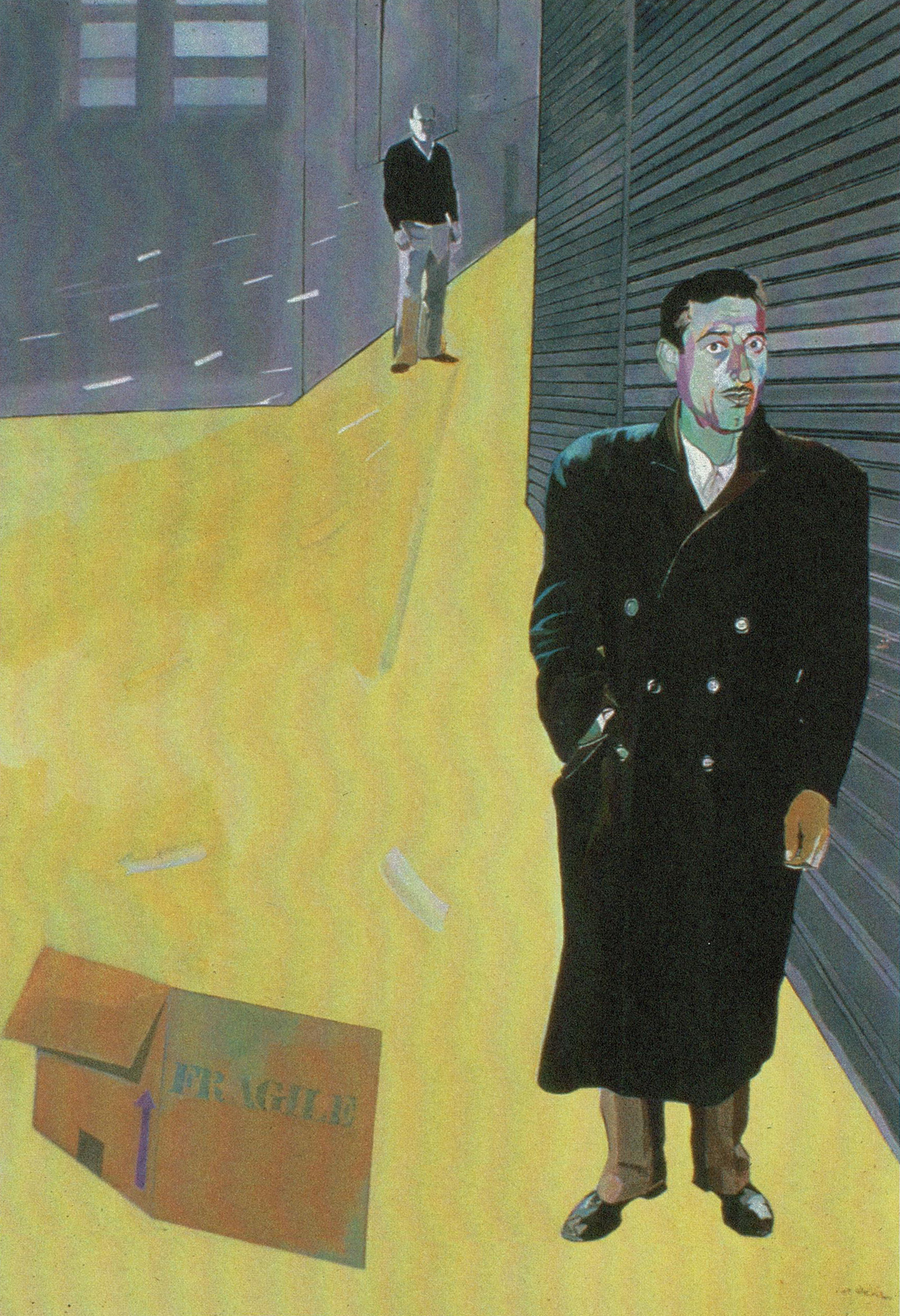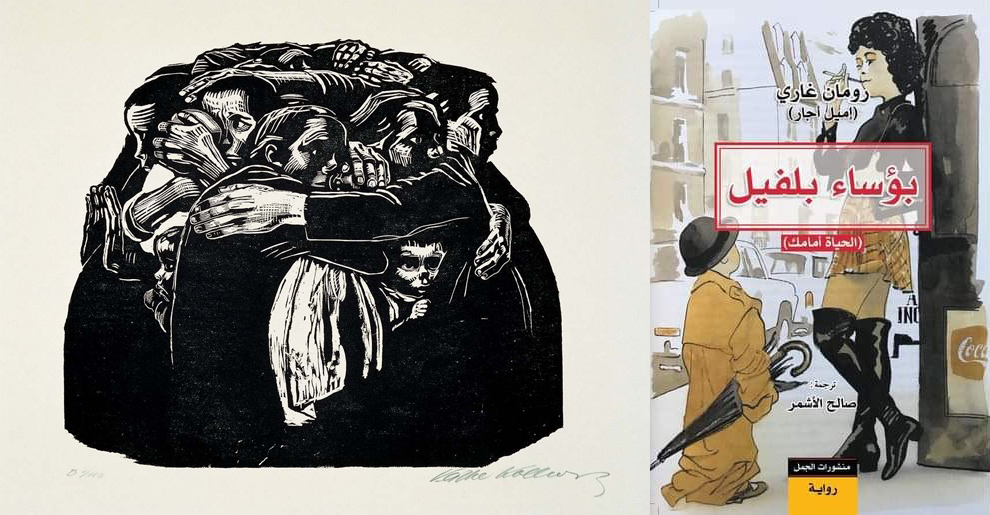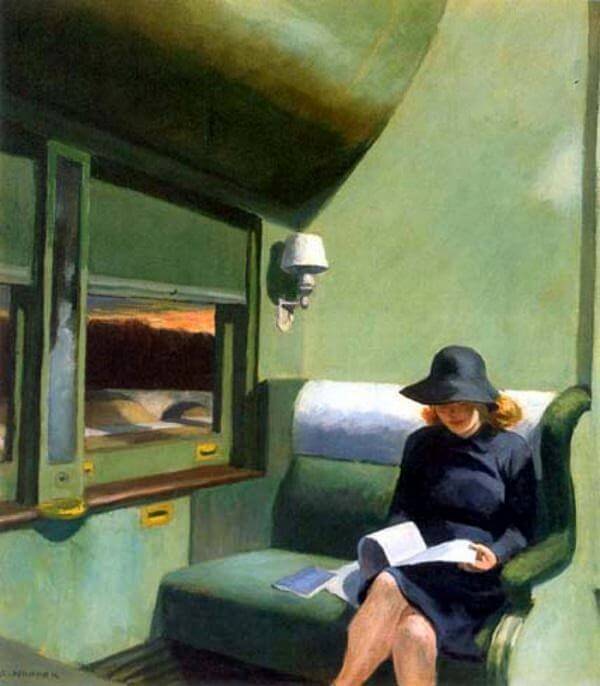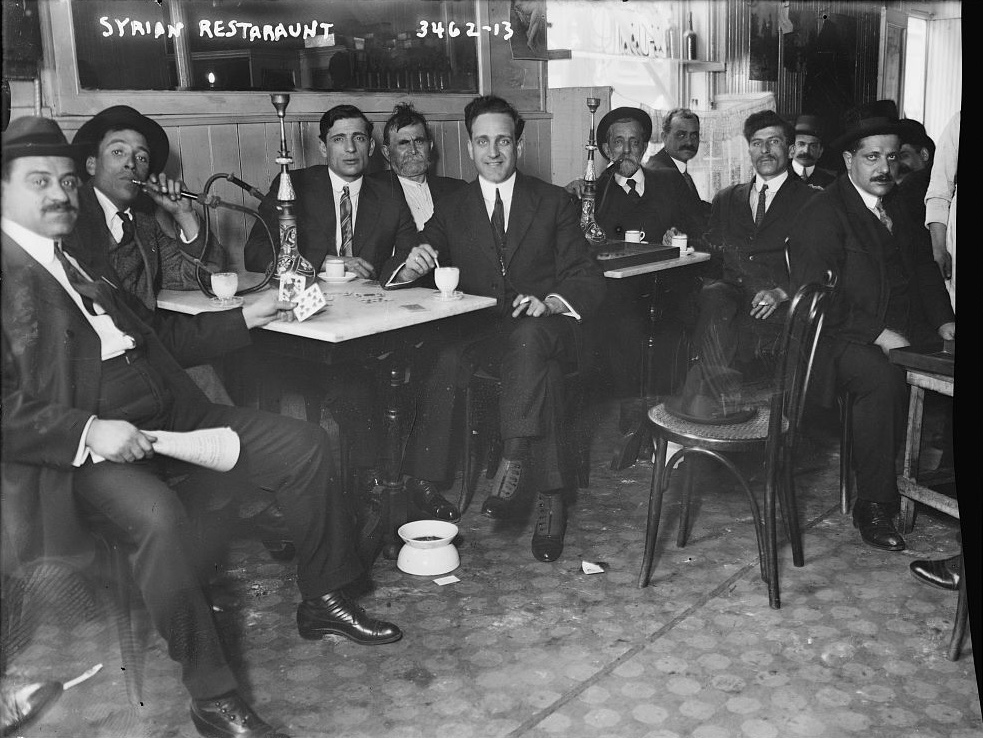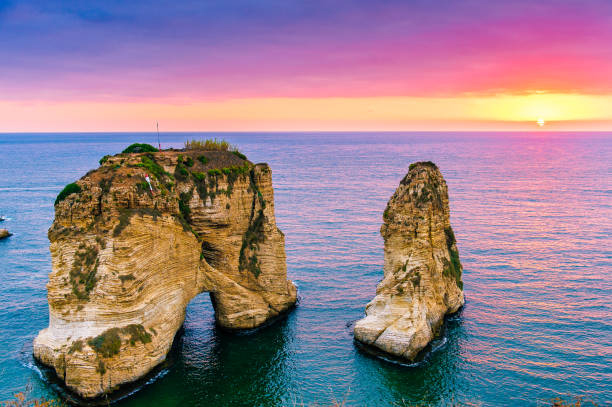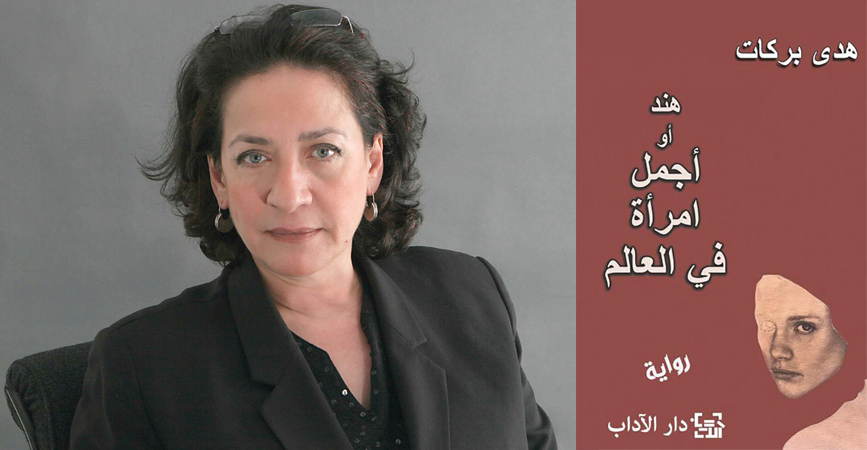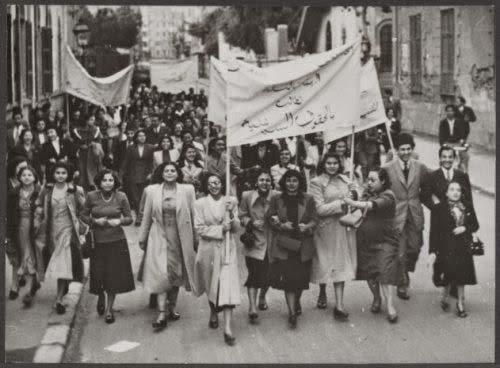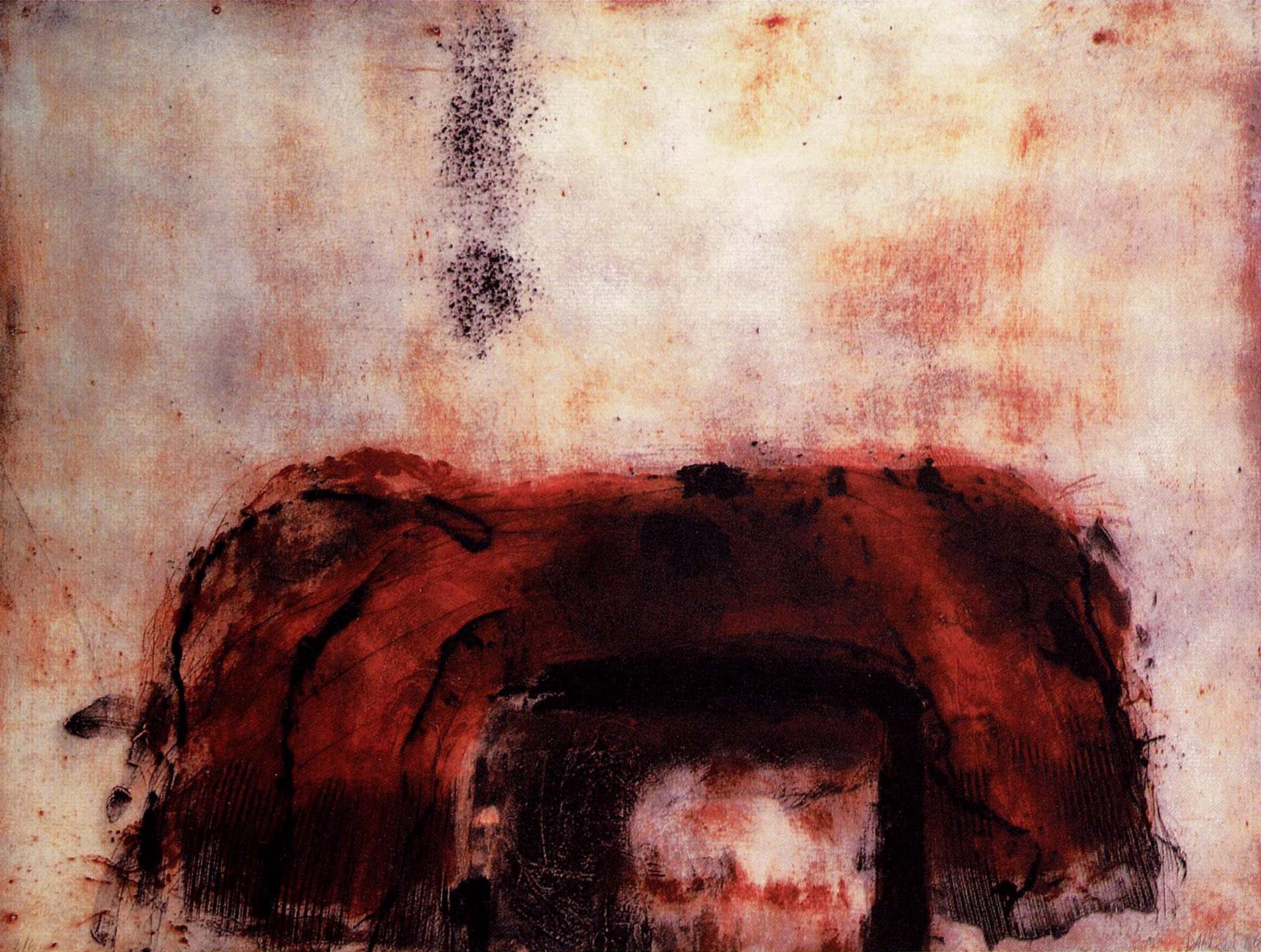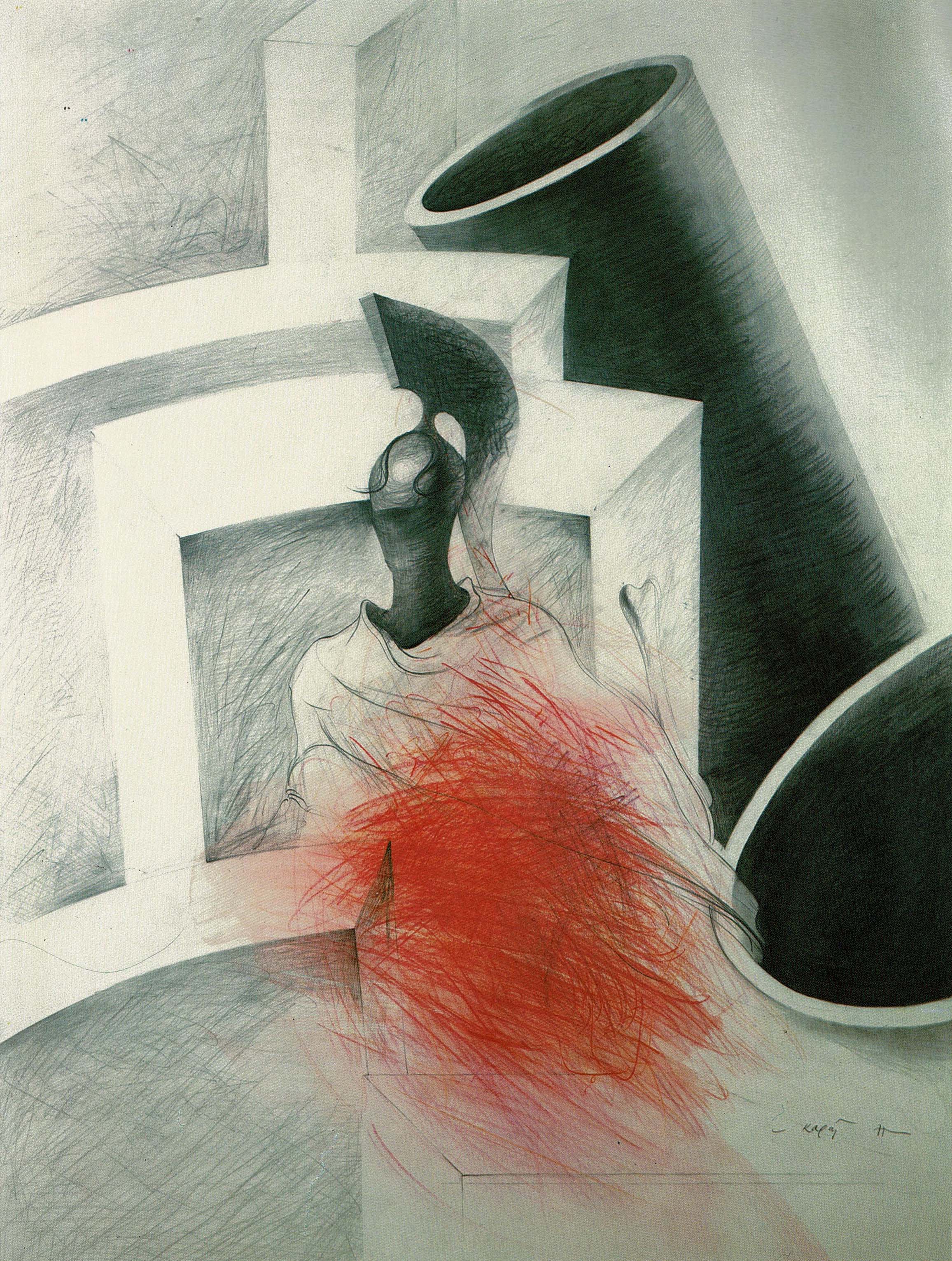The Ghosts of Syria’s History:
Between Erasing and Repeating the Past
I have been closely examining the pressing controversy surrounding the al-Sharaa HTS government's decisions to politicize Syrian history, alter the national holiday calendar, and manipulate the collective memory of the Syrian people. The government has motioned to remove holidays commemorating the October War of 1973, March 8 Revolution Day, Teachers’ Day, and Martyrs’ Day based on the HTS's aim to distance the newly formed state from Hafez al-Assad's legacy.

